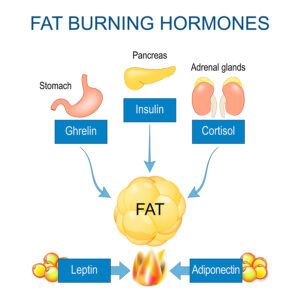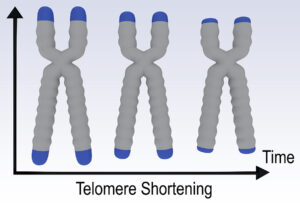A new study in JAMA Network Open showed that a plant-based diet helped prostate cancer patients significantly. Briefly, in this study physicians followed 2062 men with localized prostate cancer for a median follow-up of 6.5 years. The researchers paid close attention to the diet of these patients. Physicians compared patients with a high plant-based diet index to patients with a high meat/dairy diet index. Researchers measured prostate cancer progression and found a 47% reduction in prostate cancer progression with the plant-based diet group. This was in comparison to the meat/dairy group. They concluded that consumption of a primarily plant-based diet associated with a better health outcome for prostate cancer patients.
Colon cancer studies on plant-based diet and exercise
The medical literature shows that the survival of colon cancer improves when patients consume plant-based diets and at the same time exercise regularly. One study showed that a combination of plant-based diet and regular exercise allowed colon cancer patients to survive longer. This was in comparison to a control group on meat/dairy products who did not exercise.
Breast cancer patients
Researchers followed 6,235 breast cancer patients for 9.4 years. A group of women with hormone-negative breast cancer on soy products reduced their risk of dying from breast cancer by 21%. A low-fat diet following breast cancer diagnosis reduced the risk of breast cancer recurrence by 23%. At the same time a low-fat diet also reduced mortality from breast cancer by 17%. Another medical study compared the diet of women who developed breast cancer with diets of women who did not have breast cancer. The offending foods were American, cheddar, and cream cheeses. Women who ate most of these in their diet had a 53% higher risk of developing breast cancer.
36 foods that help you to fight cancer
The MD Anderson Cancer Center website lists 36 foods that help you to fight cancer. On top are foods like berries, broccoli, tomatoes, walnuts, grapes and other vegetables, fruits and nuts. Vegetables come in a variety of different colors. Be sure you aim for a rainbow color mix to get the most phytochemicals from your vegetables. Include frozen vegetables, whole grains and avoid processed foods. The website also reminds people that processed meats, red meat and too much alcohol causes various cancers. Women should limit alcoholic drinks to one drink per day. Men should limit their alcohol intake to two drinks per day. Less than that is desirable.
Conclusion
Recently a medical publication stated that prostate cancer patients were significantly helped with a plant-based diet. However, further research of medical publications showed that colon cancer and other cancers were also reduced on this diet. In addition, breast cancer survival increased on soy products, low-fat diets and plant-based diets. Any processed food leads to cancer, heart attacks and strokes with increased mortality rates. The MD Anderson Cancer Center website lists 36 foods that showed cancer protection from phytochemicals. Don’t wait until you come down with cancer, adopt a sensible diet for cancer prevention now!















